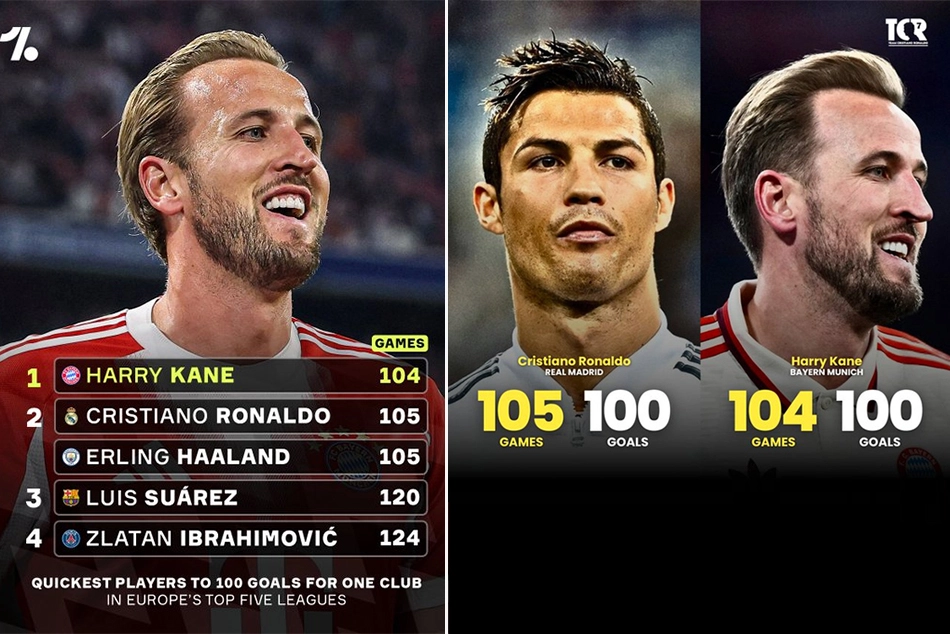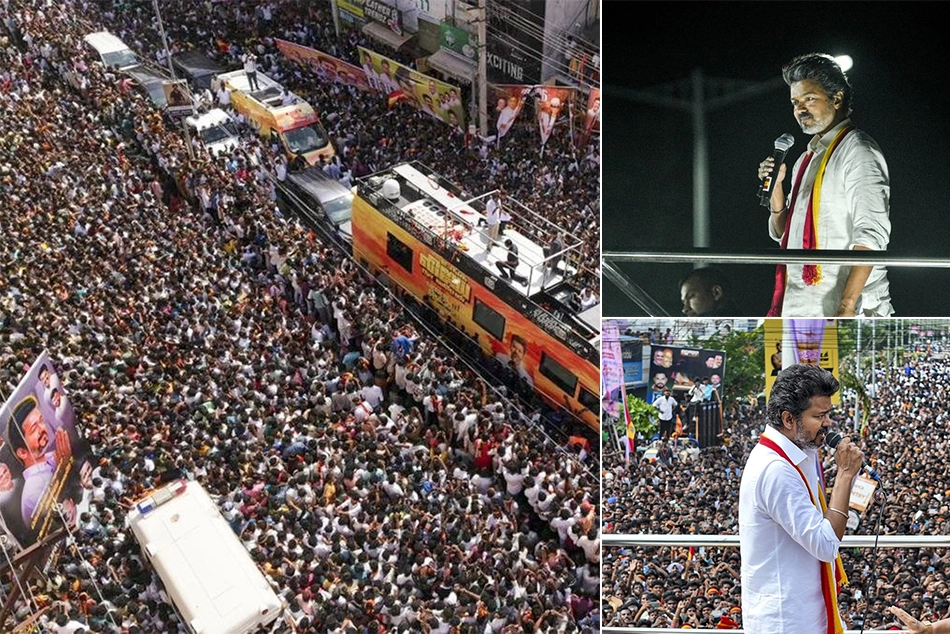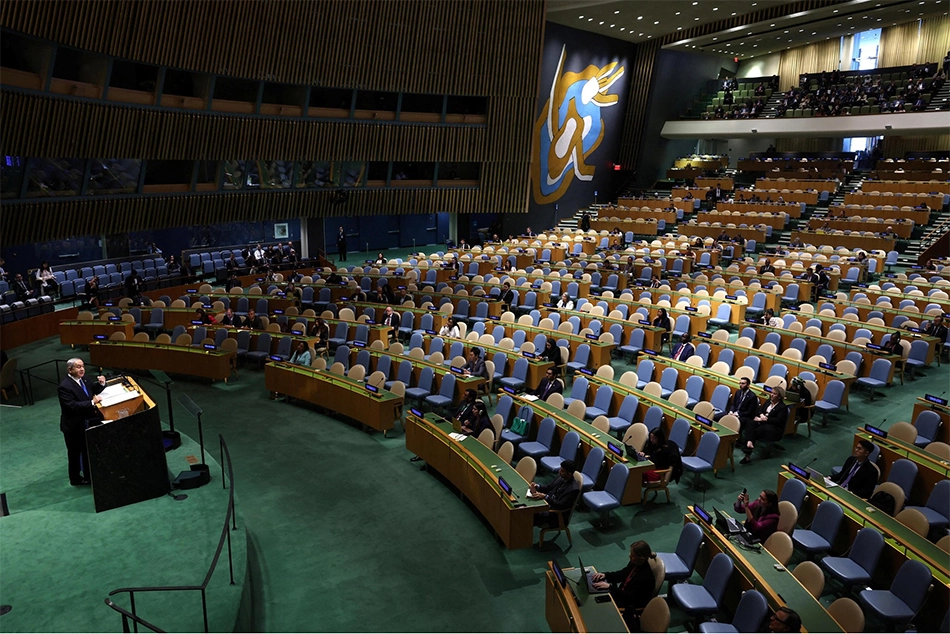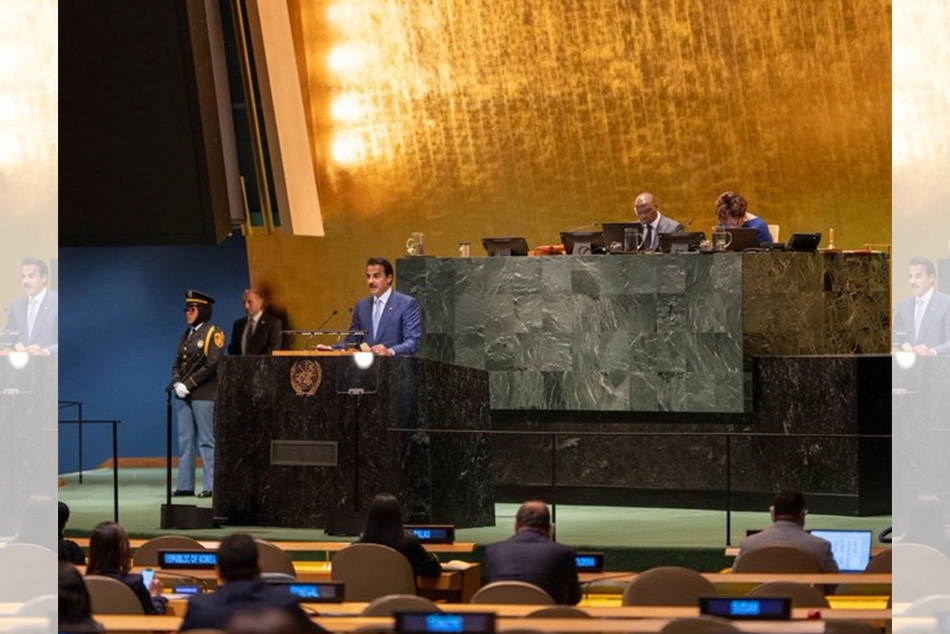
When Cricket was reduced to Theatre
Cricket, if allowed, could become the fountain and foundation of peace, Ranjan Solomon writes in the context of Asia Cup 2025
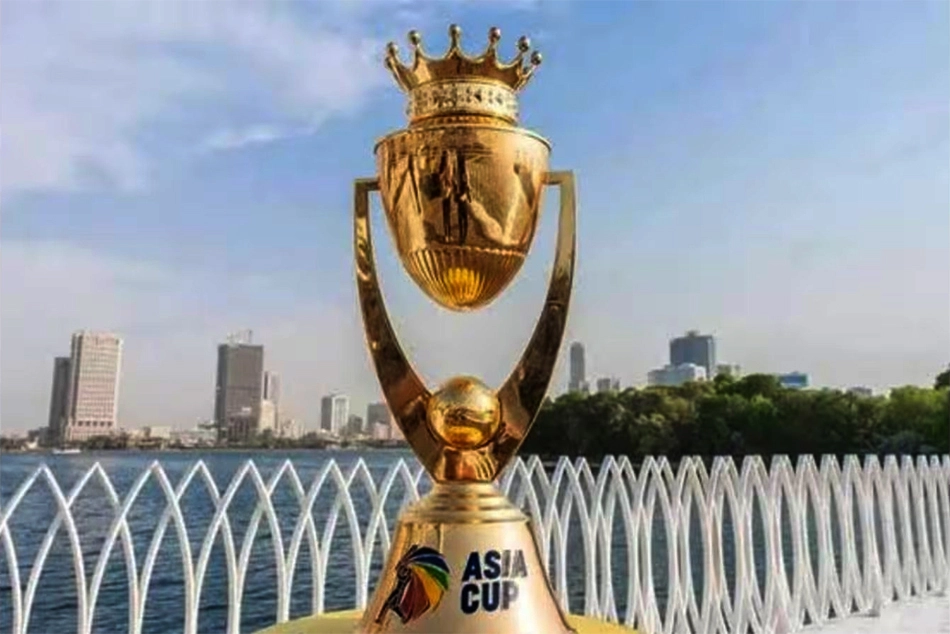
India’s victory last evening in the Asia Cup should have been a moment of collective joy, the celebration of sporting excellence, and an opportunity to showcase the subcontinent’s shared passion for cricket. Yet, the atmosphere was soured – not by on-field rivalry, but by off-field political posturing.
Players and officials dragged politics into the arena, smothering the spirit of sportsmanship. Indian captain Surya Kumar Yadav said he is donating his match fee to the armed forces. Meanwhile, Pakistan captain Salman Ali Agha said, “We as a team, are donating our match fees to all the civilians who lost their lives during the Indian attack and to our kids who were affected by it.”
This followed India’s refusal to shake hands or accept the trophy from ACC President and PCB Chairman Mohsin Naqvi. All became symbolic manoeuvres that shifted attention from cricket to pseudo-nationalism. Cricket was reduced to a theatre, a proxy battlefield for unresolved political tensions. The joy of intense competition was killed by political posturing.
Cricket between India and Pakistan has always carried emotional baggage. But in recent years, what once was rivalry has hardened into hostility. The old camaraderie, where cricketers across borders respected and befriended one another, has been replaced with animosity shaped by governments and amplified by media.
The refusal to treat cricket as cricket is not new, but it has deepened. Under the current cricket regimes, decisions are no longer made by boards or sporting professionals but by ministries of External Affairs.
Competence in cricket administration has been replaced with political calculation. The Indian board, under Jay Shah, exemplifies this drift—taking domestic politics into the International Cricket Council (ICC), eroding India’s credibility as a sporting power. Even some of India’s own great cricketers have privately expressed resentment at the political capture of cricket administration.
The exclusion of Pakistani players from the Indian Premier League (IPL) is perhaps the most glaring example of this politicisation. It is not about cricketing merit—Pakistan produces players of exceptional talent, who would enrich the league. Their exclusion is a political choice, one that signals immaturity more than strength.
This Asia Cup unfolded against the backdrop of yet another tragedy: the Pahalgam attack. Pakistan, for its part, had demanded an independent and credible investigation into the violence. Even some seasoned Indian analysts admitted India gained little diplomatically from its hard stance. Outside India, few were convinced by New Delhi’s narrative. The world condemned terrorism, yes, but stopped short of pointing fingers at Pakistan.
On the contrary, the incident highlighted how international opinion increasingly views Kashmir as an unresolved, internationalised issue—one that India can no longer seal off through rhetoric alone. India’s seems to have unleashed its frustration at the Asia Cup.
By dragging cricket into these unresolved disputes, India not only loses the moral high ground but also risks alienating the international cricketing fraternity. Cricket cannot be made into the extension of the Kashmir conflict. That is a sticky wicket where India, ironically, weakens its own case.
The Arms race that robs the poor while cricket becomes politicised. The deeper tragedy is that both India and Pakistan continue to waste vast resources on defence and arms procurement. South Asia remains one of the most militarised regions in the world. India is now the world’s largest arms importer, accounting for nearly 9% of global imports (SIPRI, 2024). Pakistan, though smaller, devotes an outsized share of its budget to the military, leaving health, education, and welfare underfunded.
For ordinary citizens, this is “faltu” spending—wasteful in the truest sense for both countries. In India, rural health centres lack doctors, schools struggle with inadequate classrooms, and unemployment bites deep, yet billions are allocated to military hardware.
In Pakistan, the pattern is similar -development suffers because the military absorbs the lion’s share of resources. If cricket is the subcontinent’s shared passion, defence spending is its shared folly. Arm flexing has never delivered peace or security. It is a quarrel fit for high school playgrounds, not for mature nations.
Both countries need to step back and recognise that cricket can—and should—serve as a bridge. Sports diplomacy is a tried and tested tool for easing tensions. Ping-pong diplomacy helped thaw US-China relations in the 1970s. Rugby helped unite South Africa in the post-apartheid years.
Why should cricket not become the subcontinent’s peace sport?
Sport needs political maturity. For that to happen, maturity is required. The ICC must act decisively to restore a level playing field. The BCCI must recognise that its global stature depends not only on money power but also on credibility. And Pakistani administrators must resist the temptation of sabre-rattling in response.
Cricket should not be hostage to bombs and borders. Bombs are not fit for breakfast. Peaceful dialogue, people-to-people contacts, academic exchanges, and cultural ties matter more for long-term solutions than any military manoeuvre.
At the heart of this lies a simple truth: it is people – not only soldiers or politicians – who pay the price of hostility. Families are displaced, livelihoods shattered, and societies militarised. Ordinary cricketers, students, and cultural workers could be building bridges of trust. Instead, they are reduced to pawns in a conflict not of their making. When will cricket, administrators start accumulating tools for piece and affirm the human dimension as an essential aspect for a long and permanent peace.
Leaving innocent soldiers out of political theatre is vital. They are conscripted into the narrative of nationalism, but their deaths do not strengthen nations—they wound them. To parade sporting events as tribute to the military is to instrumentalise both the soldier and the sport. Cricket deserves better.
In our current inebriated state and a good cricketing pool, India must ensure that our pride does not end with a fall. India, with its massive talent pool, risks becoming complacent. The lesson of the West Indies looms large – a team that once dominated world cricket fell because pride blinded them to structural decay. India too could stumble if pride and politics override merit and management.
Winning trophies is not enough. To be the best cricketing nation, India must also model maturity, fairness, and inclusivity. The subcontinent cannot afford to let cricket become another arena for division.
In the end, both India and Pakistan must win not just matches but the peace. Ending the childish exclusion of Pakistani players from the IPL would be a start. Encouraging bilateral series—perhaps even neutral-venue matches—would rekindle old memories of friendship. And insulating cricket from the grip of foreign offices would restore its soul. A sporting peace must be our end-game.
The alternative is grim: endless hostility, wasted billions, and a sport drained of joy. The people of South Asia deserve better. They deserve to see their best athletes compete, their children dream, and their nations rise—not through bombs and borders, but through bats and balls.
Cricket, if allowed, could become the fountain and foundation of peace.
[Ranjan Solomon is a political commentator and rights advocate who writes on justice, democracy and decolonisation. He has been in South Asia peace and solidarity movements for over three decades.]
Follow ummid.com WhatsApp Channel for all the latest updates.
Select Language to Translate in Urdu, Hindi, Marathi or Arabic


